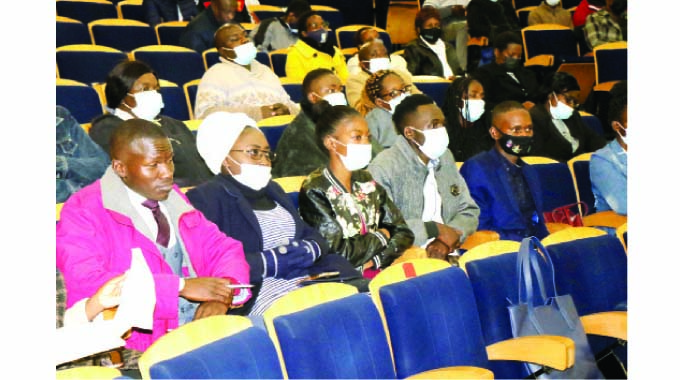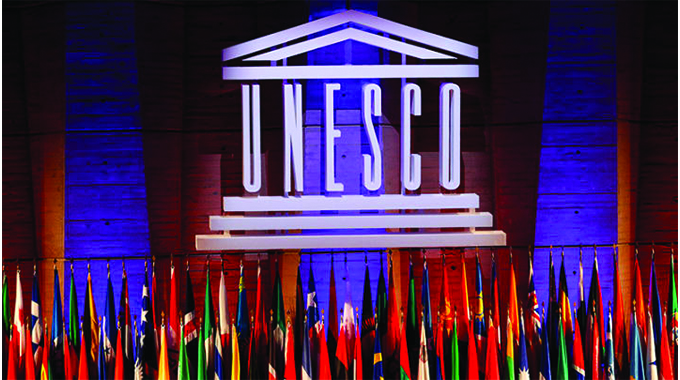Citizens urged to archive information

Lumbidzani Dima, Chronicle Reporter
ARCHIVISTS have challenged the nation to participate in archiving information as records act as a nation’s memory, culture and collective identity to influence national development.
The archivists met on Wednesday at the National University of Science and Technology (Nust) to commemorate International Archives Week, which is hosted by the institution’s Department of Records and Archives in partnership with the United Nations Educational, Scientific and Cultural Organisation (Unesco).

United Nations Educational, Scientific and Cultural Organisation (Unesco).
Archives are the documentary by-product of human activity or contemporary records created by individuals and organisations as they go about their daily activities to provide a direct window into the past.
They can be written, photographic, moving picture, auditory, digital, or analogue and come in a variety of media. Around the world, public and private entities, as well as individuals, hold archives.
This year’s commemorations were running under the theme, “Archives are you.”
Renowned cultural scholar, writer and archivist, Mr Pathisa Nyathi said there is a need to decentralise archives as they are very important in connecting people to their roots.
“In Zimbabwe the archives sector needs to be improved.
Why are the archives at the centre only?
There should be decentralisation of archives so that anyone can reach out to them.
The reason why the archives are in Harare, the capital city and some in the major towns but none in rural areas is because that is where the white man lived and we have not abandoned the colonial mentality.
We are too happy to get into the shoes of the whites even at the level of archives,” he said.
Mr Nyathi said it’s very important that all communities archive for the sake of memory and to link with the past.
He said people can archive through their dances, performances, cultural heritage, architecture and attires which then give out something about the past, beliefs and values.
Mr Nyathi said the least understood, acknowledged and respected form of archive is the spiritual archive which is very important in ensuring that there is intergenerational transmission of knowledge, ideas, traditions, culture and history through the spirit mediums.
“Through spirit mediums we are reminded about the past.
Spirituality has been denigrated, despised, demonised and because of this we are losing out on the African archives,” he said.

Publishing
Nust’s Department of Publishing Studies chairperson Mrs Effort Chiware said the commemorations present an opportunity to share and promote the undeniable connections between documentary heritage of a nation and its national memory, culture and collective identity.
The Government Electronic, Document and Records Management System (EDRMS) advisor of Malawi, Dr Segomotso Keakopa said archival records capture stories of the past to influence national development.
Dr Keakopa said southern and eastern Africa have the most active members of the International Council of Archives.

Professor Nathan Mnjama
Professor Nathan Mnjama, a lecturer at the University of Botswana said the commemorations are meant to raise awareness on the value of archives and records, the role they play in society as well as the contribution of archivists to saving documentary heritage of a country.
“We believe that records play a significant role in society.
They enable us to preserve our corporate memory. T
hey enable us to enjoy our rights and entitlements.
They protect our benefits.
They impact us in every area of living.
We need to preserve each and every record related to every aspect of our lives,” he said.
“We do not have enough record offices.
We do not have national archives in many of our local areas.
They tend to be centralised in capital cities.
If one is looking for the historical information of the nation, they have to travel to the capital city in most cases.
Most of our institutions are not collecting certain aspects of records.
We are not comprehensively collective.
“People are not even aware of what archives are all about and there is a need to educate communities so that they appreciate the role of archives.
There are people holding valuable records in their homes which the archivists are not aware of, therefore the campaign can be helpful in such cases.”











Comments